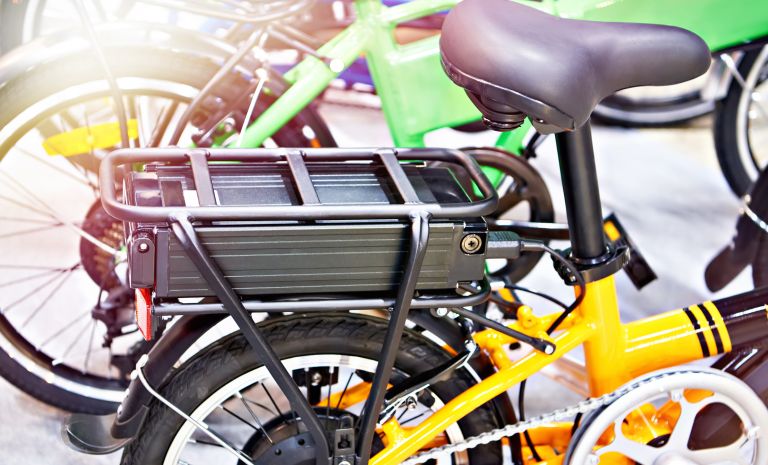Be lithium-ion battery safe
In NSW, lithium-ion batteries have become a leading fire hazard, posing serious risks in homes, workplaces, and waste facilities.
NSW Fair Trading, Fire and Rescue NSW, SafeWork NSW, and the NSW Environment Protection Authority are working together to ensure consumer safety and combat unsafe practices.
By taking simple steps at each stage of a battery’s life cycle—shopping, using, charging, and recycling— you can protect yourself, your loved ones, your workers and your community.

Lithium-ion batteries: shop, charge and recycle safely
Read transcript
Working together to keep you safe
Image

Shop safe: lithium-ion battery standards
Use advice from NSW Fair Trading to safeguard yourself and your loved ones by purchasing batteries and suitable chargers from reliable manufacturers.
Image

Charge safe: at work
Follow guidance from SafeWork NSW on the proper charging and storage of lithium-ion battery-powered devices to prevent fire hazards at work.
Image

Charge safe: at home
Use information from Fire and Rescue NSW to prevent fires in the home by identifying the warning signs of faulty lithium-ion batteries, including unusual smells, sounds or smoke.
Image

Recycle safe: correctly dispose of your batteries
Follow guidance from the NSW Environment Protection Authority to keep our environment safe and reduce fire risks by safely disposing of loose or embedded batteries.
